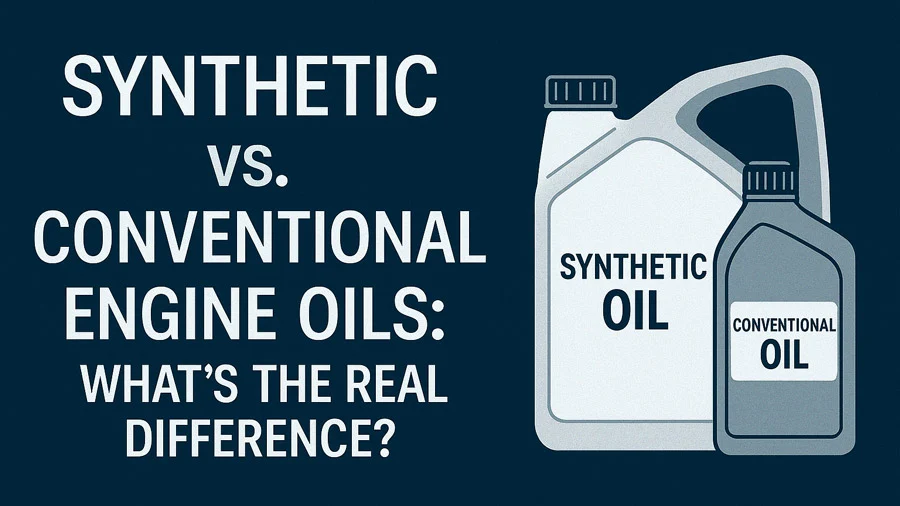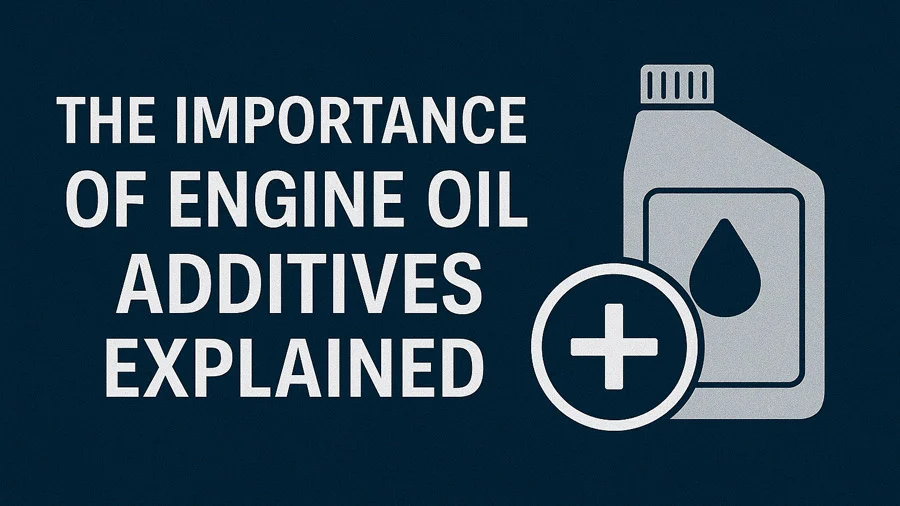Picking the right engine oil might seem simple, but it’s actually one of the most important choices you make for your car’s health. The right oil keeps your engine running smoothly, prevents wear and tear, and even improves fuel efficiency. But with so many options out there, how do you know which one fits your car best? Let’s break it down.
Table of Contents:
Understanding Engine Oil Basics
Engine oil lubricates engine parts, reduces friction, cools components, and cleans away dirt and deposits. The quality and type of oil directly affect how well your engine performs and lasts.
Types of Engine Oils
Conventional Oil
This is the traditional oil derived from crude oil. It’s usually cheaper but doesn’t last as long or perform as well under extreme conditions.
Synthetic Oil
Synthetic oil is engineered to provide better protection, last longer, and perform well in extreme temperatures. It’s often pricier but worth the investment.
Synthetic Blend Oil
A mix of conventional and synthetic oils, offering better performance than conventional but at a lower cost than full synthetic.
High-Mileage Oil
Formulated for cars with over 75,000 miles, it contains additives to protect aging engines and reduce leaks.
Oil Viscosity and What It Means
Viscosity refers to how thick or thin the oil is at different temperatures. Common grades are 5W-30, 10W-40, etc. The numbers indicate oil flow when cold and hot—important for engine protection.
Reading Oil Labels: Understanding the Codes
Look for certifications like API SN/SP, ACEA, or manufacturer-specific approvals. These ensure the oil meets quality and performance standards.
Manufacturer Recommendations and Why They Matter
Always check your car’s manual for recommended oil types and change intervals. Using the wrong oil can void warranties and harm your engine.
Consider Your Driving Habits and Environment
Stop-and-go city driving, towing, or extreme temperatures may require oils with special properties.
Special Considerations: Older Engines and Performance Cars
Older engines may benefit from thicker oils or high-mileage formulas, while performance cars might need synthetic oils designed for high stress.
How to Check Oil Quality and Change Frequency
Regularly check oil level and condition. Follow manufacturer intervals or oil life monitor alerts for changes.
Tips for Buying Engine Oil
- Buy from reputable brands and sellers.
- Avoid mixing different oils unless necessary.
- Store oil properly to avoid contamination.
Conclusion: Smart Choices for Long Engine Life
Choosing the right engine oil is like picking the right fuel for your body—it makes all the difference. Pay attention to your car’s needs, driving style, and oil specs to keep your engine happy and healthy for years.
FAQs
Yes, it’s generally safe and beneficial.
It can cause poor lubrication and engine wear.
At least once a month.
They help protect older engines and reduce leaks.
It’s best to avoid mixing but occasional mixing usually isn’t harmful



